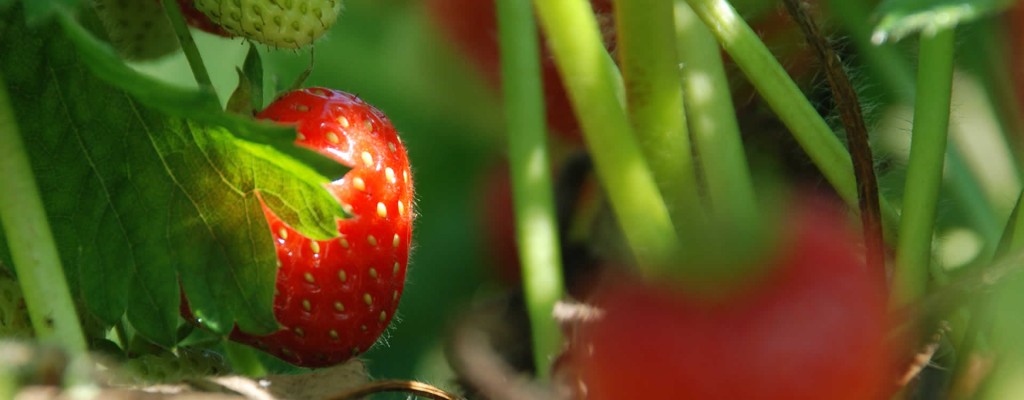Rising relevance of biopesticides recognised
The number of biopesticides available in Europe is forecast to overtake chemicals within ten years, says former EU adviser on IPM in an article in the Fresh Produce Journal.
Dr Dave Chandler, a microbiologist and entomologist at the Warwick University’s crop centre, who has advised the European Parliament and the US Department of Agriculture on Integrated Pest Management (IPM) is clear in his prediction. “In Europe, within about five to ten years there will be more biopesticides on the market than there will be chemical pesticides”, he announced.

Dr Chandler points out the high number of new biopesticides in the pipeline in Europe. He also highlights that the biopesticide market in the UK is booming, with annual growth rates of 15 per cent, compared to 3 per cent for standard synthetic pesticides.
Excitement about the potential is tempered by concerns about overcoming the technical challenges to widespread biopesticide use. “We need to improve things like application; we need to have better understanding of how environmental factors affect their use; and their compatibility with chemical pesticides needs better investigation.”, says Dr Chandler.
To tackle some of these challenges, Chandler is leading a project funded by the AHDB called AMBER (Application and Management of Biopesticides for Efficacy and Reliability). It aims to enable UK growers to adopt new practices that improve the performance of biopesticides within commercial IPM programmes.
AMBER, which began in January 2016 and will run until 2020, will benchmark biopesticides that target pests in six different crops types, including aphids in peppers, whitefly in mint and powdery mildew in cucumbers.
At Real IPM UK we welcome the rising recognition of the relevance of biopesticides. The research to assess and improve the practicalities of use on UK crops will contribute a great deal to the acceptance of this exciting new tool in the production of quality produce.
Read the full article on the rising relevance of biopesticides.
